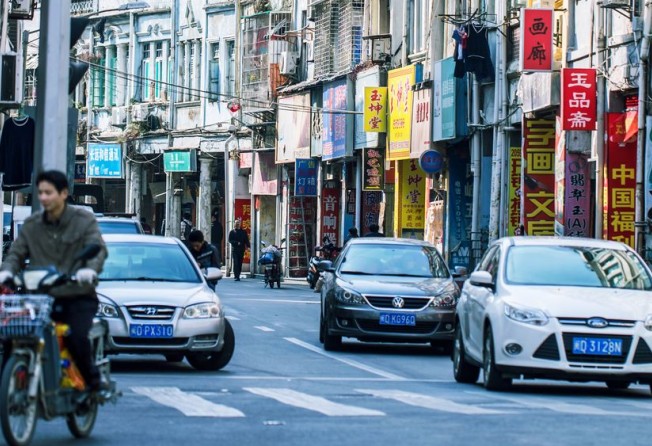Street full of teas, lacquers and pearls

Xiamen's Zhongshan Road is arguably the mainland's finest shopping street on account of its length, scale and historical importance.
The century-old road originally linked the city's ports and docks to its residential area. It was Xiamen's first asphalt road in the 1950s, was transformed into a lit pedestrian precinct in the 2000s, and remains one of the city's central shopping districts today.
"I grew up in this area, and when I was a kid, it was a shopping street," says Steve Wu, owner of Gucheng Handcraft Yogurt on West Gucheng Road, which intersects Zhongshan Road. "The buildings are timeless, but the shops used to be cheaper."
What was once a warren of food shops, watch repair shops and daily goods stores is now a breathtaking array of tourist-friendly outlets. With annual sales in the area topping 700 million yuan (HK$887 million), visitors can buy everything from the local speciality, peanut soup, to lacquerware and pearls straight from their polishing drums.
Tea and tea sets are also a popular option, according to Li Shufen, owner of the Lan Fen Tea Shop on Xiaxi Road. The most popular items are those with genuine local connections, she says. "A desire for authenticity and uniqueness is why I offer Lanhua tea, a Fujian variety that comes directly from the farm to the store," Li adds.
While Zhongshan Road has plenty of stores to keep tourists busy, the entire neighbourhood is worth exploring. "The official Zhongshan Road is more than a kilometre long, but there are more than 200 shops in the area - it's not just one street," Wu says.
The neighbourhood is home to many century-old buildings that will give context and meaning to a visit. Built in 1848, the area's Xinjie Church at 29 Taiguang Road is the mainland's oldest Protestant church, and well worth a stop.
While Li worries that the internet might siphon business from the shops, she is confident that visitors would still come to touch, smell and taste authentic local products.
"We see a lot of overseas Chinese from Hong Kong, Singapore and Indonesia who come here to buy their tea," she says.